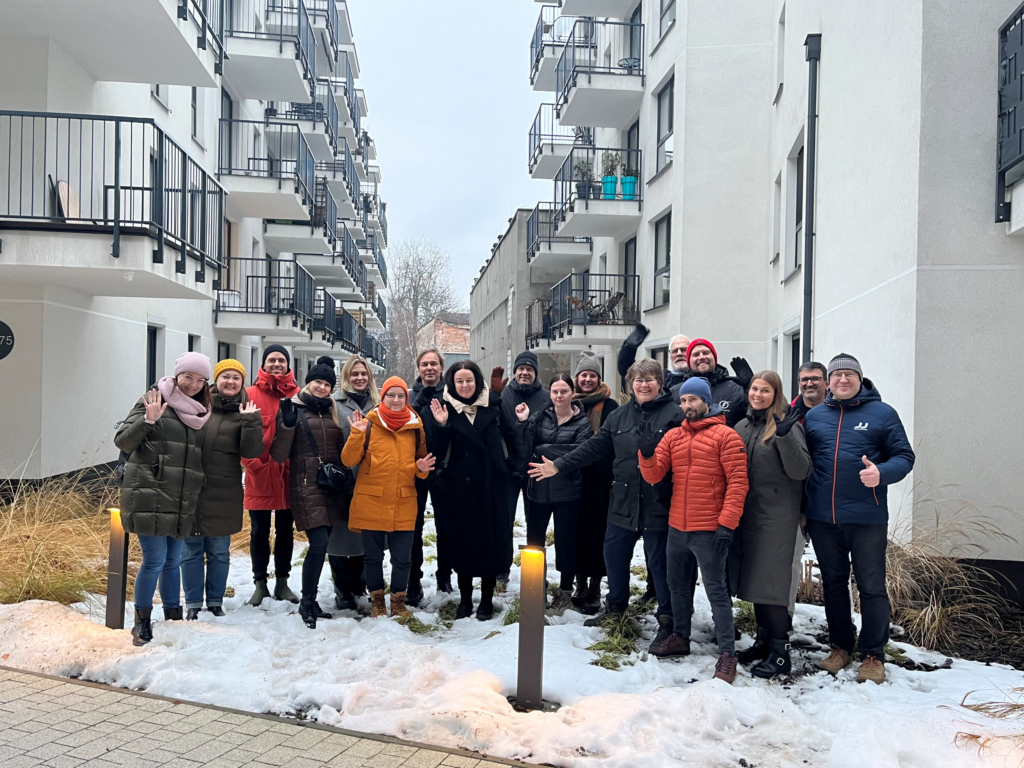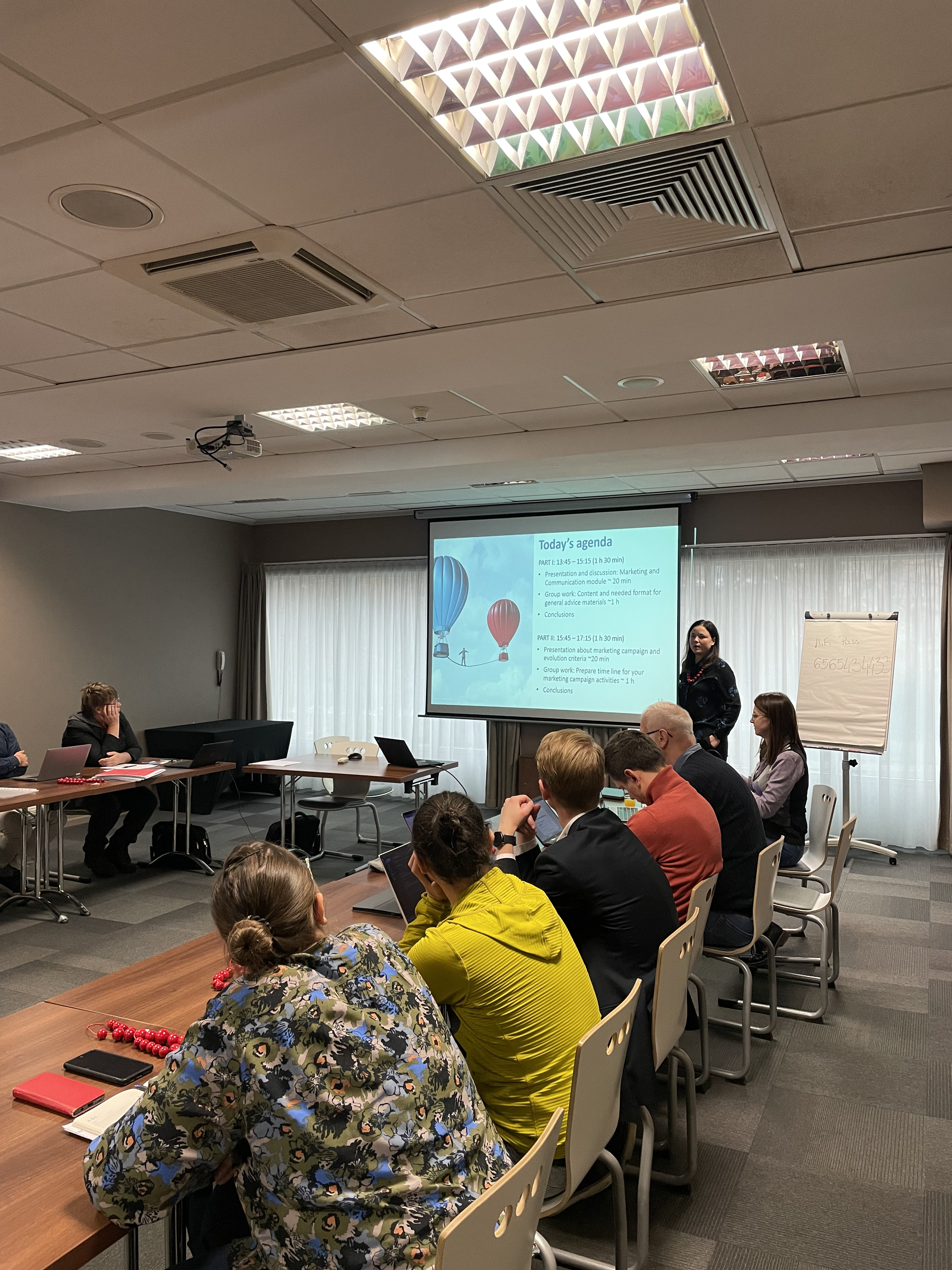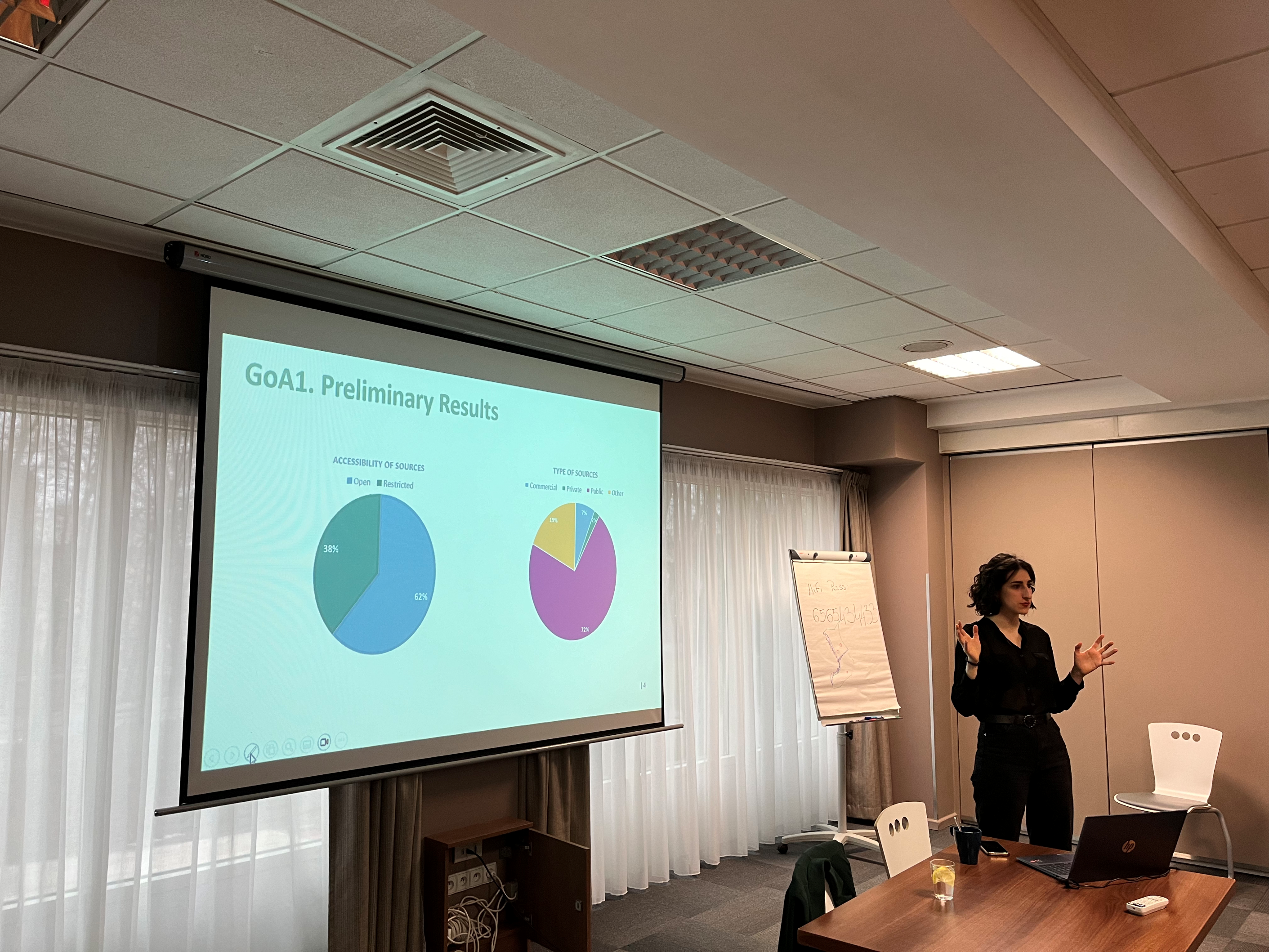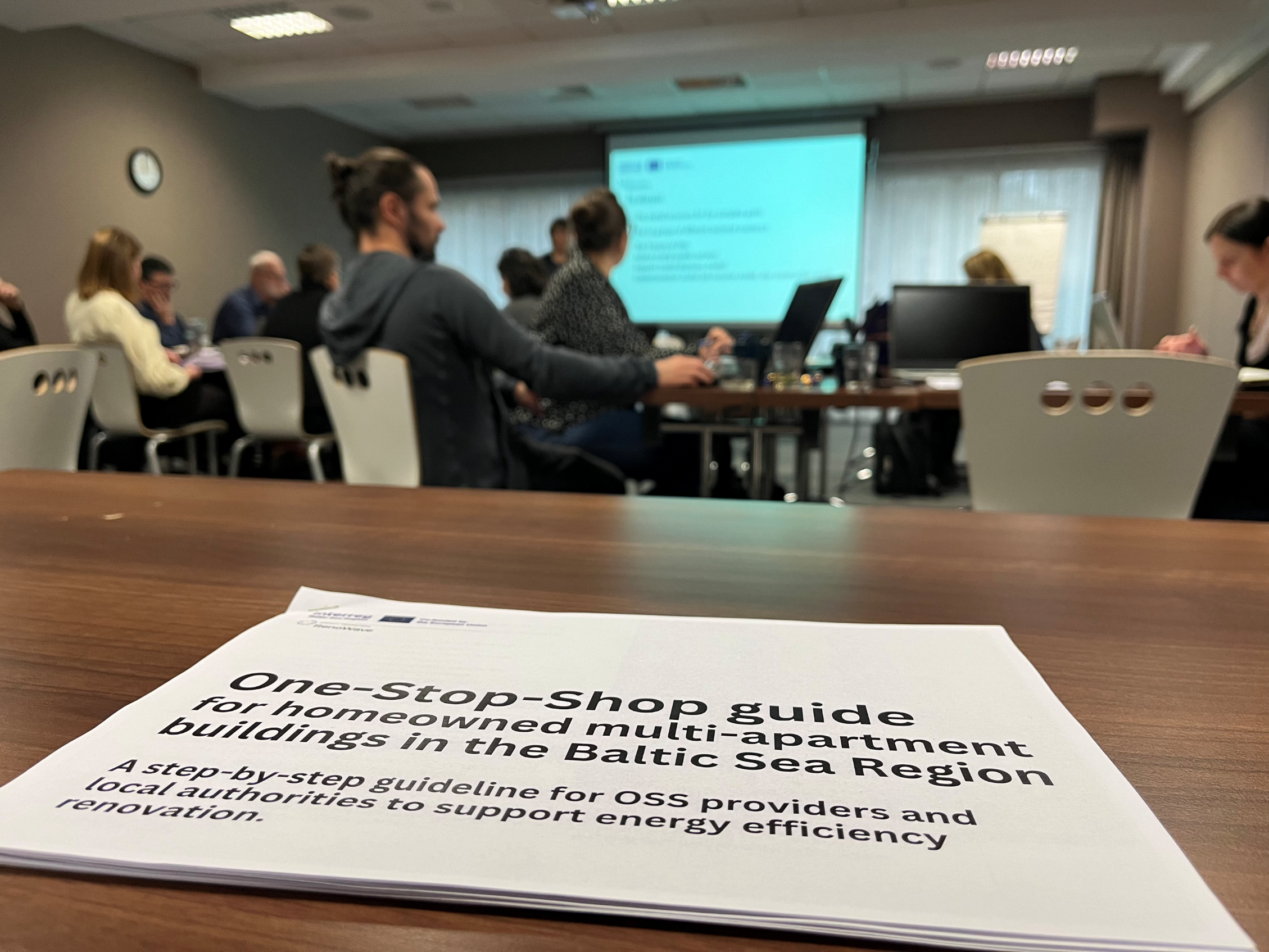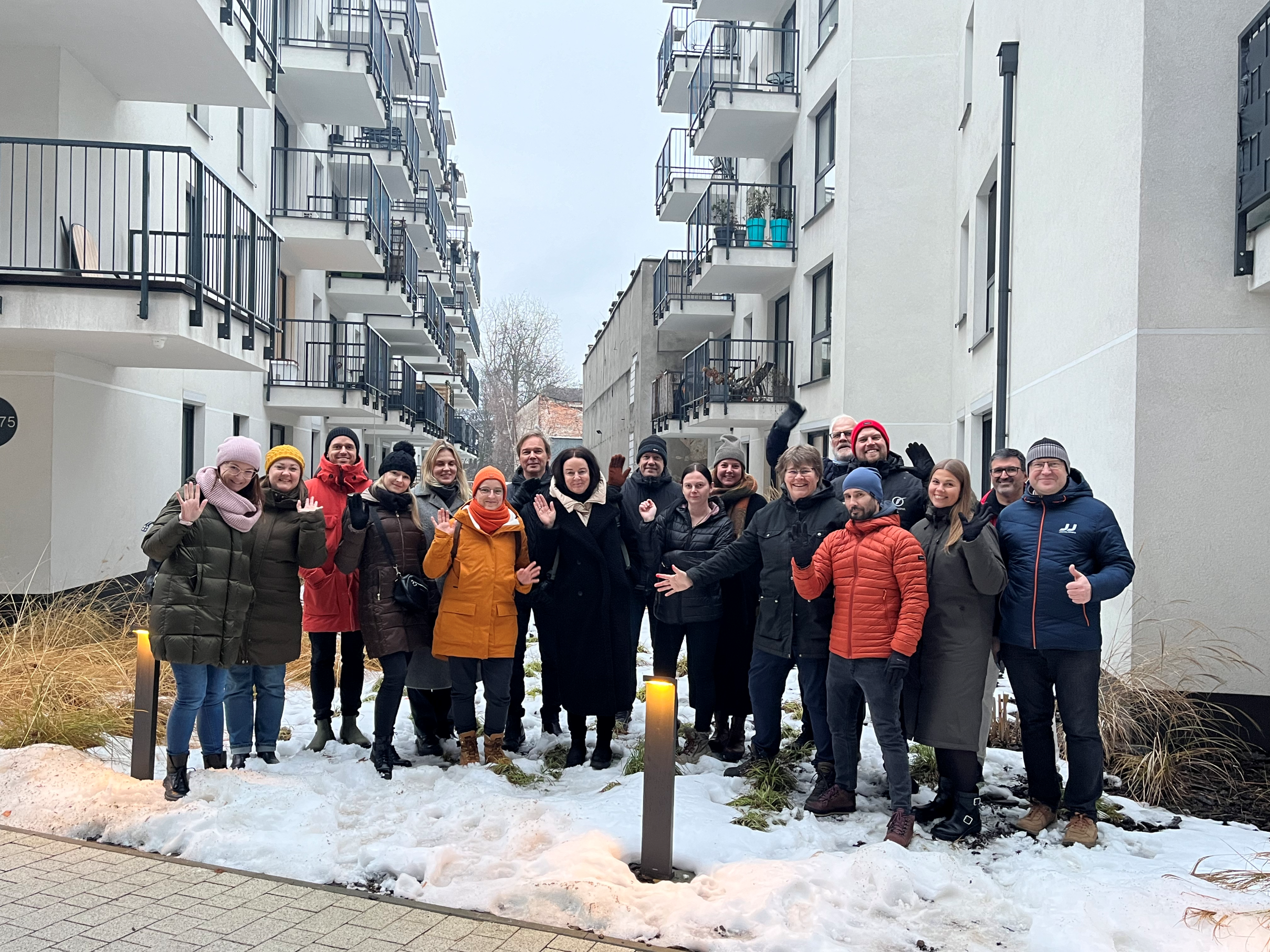To promote citizens’ understanding of the technical condition of buildings and the potential reduction of energy consumption after building renovation, in several countries of the Baltic Sea region, the RenoWave project will prepare energy audits for selected multi-apartment buildings. Project partners see that energy audits and improved Energy Performance Certificate with higher quality and more measures in its recommendations can help to lower the economic risk of the homeowner signing the energy contract.
“The house I live in has half-meter-thick brick walls, so it doesn’t need any insulation, it will just be unnecessary expenses. Or “I live in the middle part of the house, and it is warm in my apartment, water does not fall on my head from the roof. ” – these are most common prejudices about the need for energy efficiency improvement measures. There is a lack of understanding of the connection between energy efficiency measures and long-term financial benefits, agrees RenoWave project team.
An energy audit provides a comprehensive assessment of a building’s energy usage. This includes evaluating insulation, heating, ventilation, air conditioning systems, lighting, and appliances. With this information, residents and building boards can make informed decisions about how to enhance energy efficiency throughout the building. It is a strategic investment that can lead to significant financial savings, environmental benefits, and improved overall building performance.
In the spring of 2024, one-stop agencies (OSS) will start operating in several countries of the Baltic Sea region, where building managers, residents, boards, and other interested parties will be able to receive informational and technical support about the renovation of home owned multi-apartment buildings. Such support points will be established in Sweden, Finland, Estonia, Latvia, Germany, and Poland. Lithuania is also represented in the RenoWave project by already existing one-stop agency “Let’s Renovate the City”. It is a public organization that supports and promotes energy-efficient renovation of apartment buildings in Vilnius, Lithuania. Most multi-apartment buildings in Lithuania were built before 1990, in which most of the apartments are the private property of individual residents. The provided service includes both consultations and assistance in managing the building renovation process from the first residents’ meeting to the renovation of the building itself. In the RenoWave project, this organization is piloting a digital tool for building managers to collect information on the technical condition of buildings.
In mid-December, the RenoWave team met in Krakow, Poland, to further develop together the extended module of an OSS for the renovation of multi-apartment buildings. The extended module will include recommendations on how to successfully build an OSS and how to include energy data collection, forum creation, marketing activities and technical assistance.
To learn more about Poland’s experience in restoring historical buildings, the RenoWave team had the opportunity to visit a three-story building built in the 1920s, which is currently undergoing insulation and renovation of the facade from the inner courtyard, as well as minor visual improvements made on the outside. Considering that the building has a cultural and historical status, special rules must be followed for the restoration of its facade from the street side to preserve the appearance of the historical building. In Poland, RenoWave project partners were hosted by the Association of Municipalities and Cities of the Malopolska Region and the Polish Energy Efficiency Foundation.

